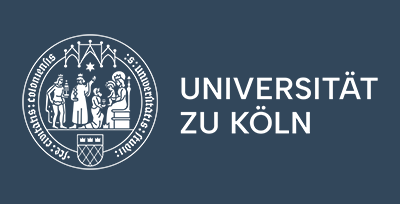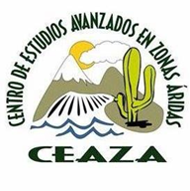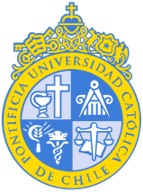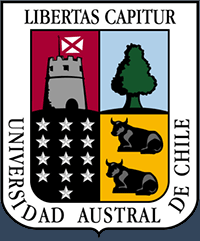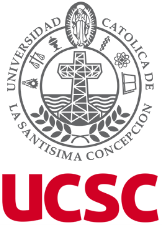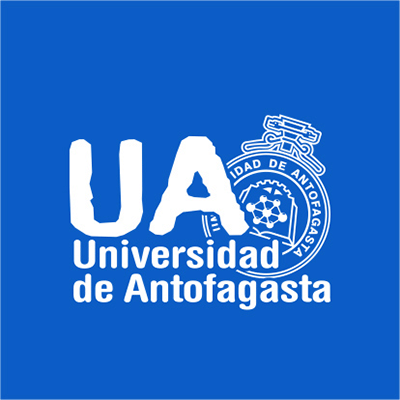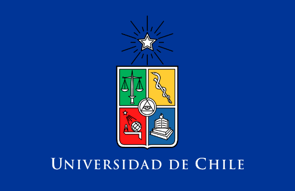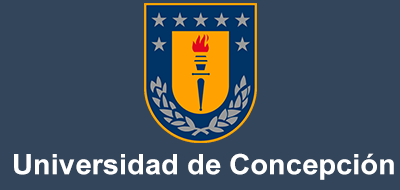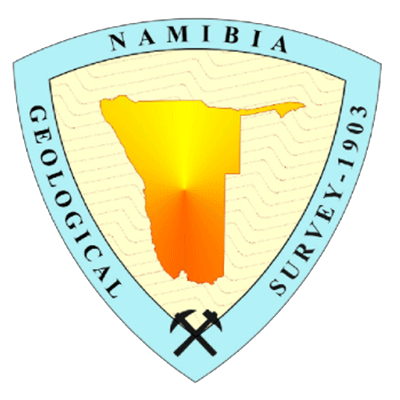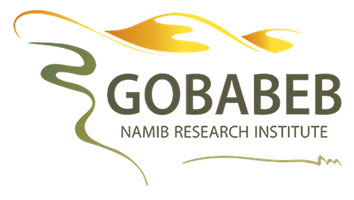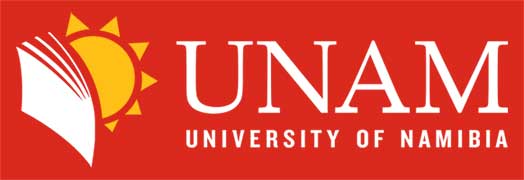Analytical Service
Research areas: Geochemistry
Principal investigators: Dr. Benedikt Ritter, Prof. Dr. Tibor J. Dunai, Prof. Dr. Tony Reimann
Project Info: Phase 3
The objective of this project is to provide timely, state-of-the-art analyses of cosmogenic nuclides, radiocarbon, 230Th‐U disequilibrium dating, U-Pb solution and laser ablation, and oxygen isotope analysis to members of the CRC. The expertise and method development from Phase 1 and 2 are now available to all subprojects. The results of the methodological developments in D02, D03 and D04 are now directly accessible for frontier research. Seven of the envisaged 19 scientific subprojects require the analysis of cosmogenic nuclides. Another five projects will use radiocarbon dating. In total, 10 of the 19 planned scientific subprojects will require sample measurements to obtain essential chronological information using Accelerator Mass Spectrometry (AMS) and Multicollector Noble Gas Mass Spectrometry (MC‐NGMS). Seven subprojects will use isochron‐based U‐Th disequilibrium, solution U‑Pb and laser ICP‐MS dating methods. These precise and accurate U‑Th and U‑Pb isotope measurements of nanograms of sample material are measured by Multicollector Inductively Coupled Plasma Mass Spectrometry (MC‐ICPMS). Common to all these analyses (i.e. AMS, MC‐NGMS & MC‑ICPMS) is the need for special preparation to bring the samples into a form suitable for measurements. In situ U‐Pb analysis by laser ablation (LA) MC‐ICPMS developed in the second phase of the D02 project, now allows increased sample throughput and high dating success rates due to high spatial resolution with microgram sample material. In pioneering work during phase 2, solution 230Th‐U and U-Pb dating has been successfully applied at high accuracy to gypsum samples from the Atacama Desert, where the age information can now be directly related to paleoclimate proxies. The achievements in the development and modification of dating techniques are published and listed below. Specialist knowledge is also required to interpret the results. Advances in subproject D03 using oxygen isotope analysis are now ready for use in several scientific subprojects. The aim of this project is to provide the required capacity to perform routine, high quality analysis for the several hundred samples of the planned CRC, and the expertise for sampling and data interpretation as a service to the CRC projects. Scientific expertise of the individual methods can be found in the linked projects D02 (LA-ICPMS, TCN 21Ne, 10Be), C05 (TCN 10Be, 26Al), D03 (230Th‐U and solution U-Pb dating, oxygen isotopes), D04 (14C radiocarbon).
Phase 2
Analytical Services
Research areas: Geochemistry
Principal investigators: Prof. Dr. Tibor J. Dunai, Prof. Dr. Janet Rethemeyer, Dr. Benedikt Ritter, Dr. Markus Schiffer
The objective of this project is to provide timely, state of the art analyses of cosmogenic nuclides and radiocarbon, as well as U‐Th disequilibrium dating, for members of the CRC.
Results of methodological developments achieved in D02, D03 and D04 are hereby directly accessible for pioneering research. 10 of the 20 envisaged scientific subprojects require cosmogenic nuclide and radiocarbon analyses to obtain essential information on chronology and process rates, measured by Accelerator Mass Spectrometry (AMS) and Multicollector Noble Gas Mass Spectrometry (MC‐NGMS). 9 subprojects will utilize the isochron‐based U‐Th disequilibrium, solution U‐Pb and Laser ICP‐MS dating method. This precise and accurate U‐Th and U‐Pb isotope ratio measurements of nanogram sample material is measured by Multicollector Inductively Coupled Plasma Mass Spectrometry (MC‐ICPMS). These analyses (i.e. AMS, MC‐NGMS & MCICPMS) have in common that specialist sample preparation is needed to transform samples into a suitable form for measurement. In situ U‐Pb analyses by laser ablation (LA) MC‐ICPMS, which will be developed in the first 12 months of D02 project, will allow high sample throughput and hopefully also high dating success rate due to high spatial resolution with microgram sample material. Furthermore, specialist knowledge is required to interpret the results.
This project is to provide the required capacity to perform routine, high quality analysis for the several hundred samples of the planned CRC, and the expertise for sampling and interpreting the data as service to the CRC projects.
Phase 1
Analytical Services
Research areas: Geochemistry
Principal investigators: Prof. Dr. Tibor J. Dunai, Prof. Dr. Alfred Dewald, Prof. Dr. Janet Rethemeyer
Nine of the nineteen envisaged scientific subprojects require cosmogenic nuclide and radiocarbon analyses to obtain essential information on chronology and process rates. These analyses have in common that they require Accelerator Mass Spectrometry (AMS) and prior specialist sample preparation to transform samples into a suitable form for AMS-measurement.
This project is to provide the required capacity to perform routine, high quality analysis for more than 1000 AMS-samples of the planned CRC and the expertise for sampling and interpreting the data as service to the CRC projects.
Former members:
- Prof. Dr. Tibor J. Dunai (Principal Investigator)
- Prof. Dr. Alfred Dewald (Principal Investigator)
- Prof. Dr. Janet Rethemeyer (Principal Investigator)
- Dr. Steven Binnie (Scientist)
- Dr. Stephanie Kusch (Scientist)
- Dr. Ariane Binnie (Scientist)
- Dr. Chrsitina Obert (Scientist)
- Dr. Stefan Heinze (Technician)
- Dr. Elena Voronina (Technician)
- Tomasz Góral (Technician)
- Dr. Damián López (Logistic Support)




